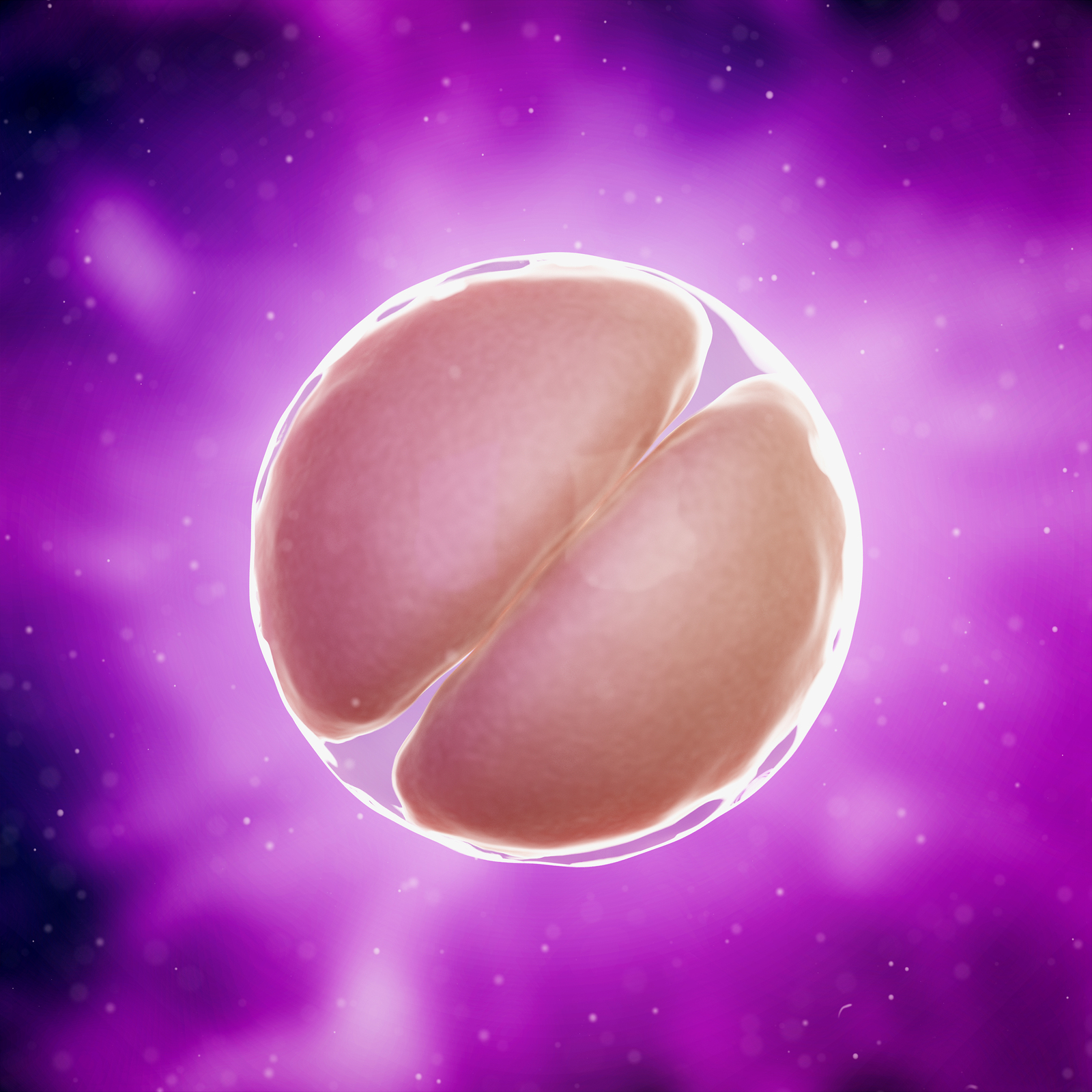This is Part I of II on discussion of issues behind and impacts of forced birth laws:
With the recent wave of anti-abortion laws in America as a clear attempt of anti-abortion proponents to reverse Roe v. Wade, kudos to the public radio program, Here & Now, for recently addressing a cornerstone of these laws that human life begins at conception. The episode, “What Science Says About When Life Begins” weighs in with science and features an interview with Scott Gilbert, a biologist and emeritus professor of Swarthmore College and the University of Helsinki.
Genome, Zygote, Brainwaves, First Breath, or…?
Gilbert gives a number of scenarios in which human life could begin. Is it when the genome is complete? When the zygote divides to become twins or triplets? (Seems he would answer no to this one, as he makes the astute point that, “Individuality is not set at fertilization.”) Is it the 14th day, the last day twins can be formed? Week 26-28, when we can see brainwaves? Or when the fetus takes its first breath on its own, when the heart changes and fully forms? He says flat out that “there is no consensus” among scientists on any of these phases of fetal development.
Without an answer where do people go? To their church. As I wrote in 2012, Tamara Mann, who is Jewish, is a great example. When her doctor told her the fetus would not survive the pregnancy and that it should be removed, she went to her rabbi for counsel. The fetus had a heartbeat, and she learned that “In Judaism, the dominant metaphor for life is not the heartbeat — it is the breath. In Genesis 2:7, God breathes life into man: ‘Then the Lord God formed man of the dust of the ground, and breathed into his nostrils the breath of life; and man become a living soul.’ Even that final word, soul, nefesh, can be translated as breath.” She also learned that Jewish law errs on the side of the mother’s health, and does not see a fetus as “a life” but part of the pregnant women’s body.
As we well know, the Catholic Church disagrees, and believes the fertilized egg is a person with full rights under the law. The United Methodist Church has different belief; it “recognizes the primacy of the rights and health of women.” And “Islamic scholars, like Jewish scholars, have debated the issues of ‘ensoulment’ and personhood, and continue to do so with no over-riding consensus.”
Asking the Wrong Question
Gilbert also speaks to whether we’re asking the wrong question to begin with when asking when human life begins. Science bows out when considering the “gradual acquisition of ensoulment” because it is not a scientific question. It is a personal, spiritual, and religious question, with answers based on beliefs.
And the array of beliefs buried in cultures has lived for centuries, including believing eggs and sperm are “living creatures.” As sociologist Kimya Dennis expresses, “There are thousands of years of cultures and individuals who believe egg is a living creature and sperm is a living creature.” What can this mean in the context of current personhood laws? “…If you want to claim eggs and sperm are alive in the literal sense, that has implications for masturbation (if semen includes sperm) and misused and unused eggs.” (tweet June 6, 2019)
From egg to first breath, there is clearly not one answer to the question of when human life begins. The problem is the “Moment of Conceptionists” do not accept this, and feel so right about their religious-based position they continue to try and press all of us to follow it in the form of laws.
Staying Power
Hammering this religious-based position has contributed to the “staying power” of the abortion issue and now the spread of forced birth law strategies. In “Why the Fight Over Abortion is Unrelenting,” Thomas B. Edsall speaks to other aspects of its staying power. One has to do with “competing, deep-rooted views on the role of men and women in society,” of which those with patriarchal roots also swim in religious waters. So does the belief that “abortion has undermined the American moral character.”
Whether the official answer to when life begins, the “right” role of women in society, and what “right” moral character means, certain factions want everyone to treat their beliefs as truths (sound familiar? Hint: pronatalism). Pushing laws that have their roots in religious beliefs gets into the territory of violating the separation of church and state. As Dennis says, “those of you who keep that belief” need to “stay away from voting and laws.” Exactly.
In addition to issues relating to the separation of church and state, forced birth laws will result in so much suffering and cost to us all. To this let’s go to next.

